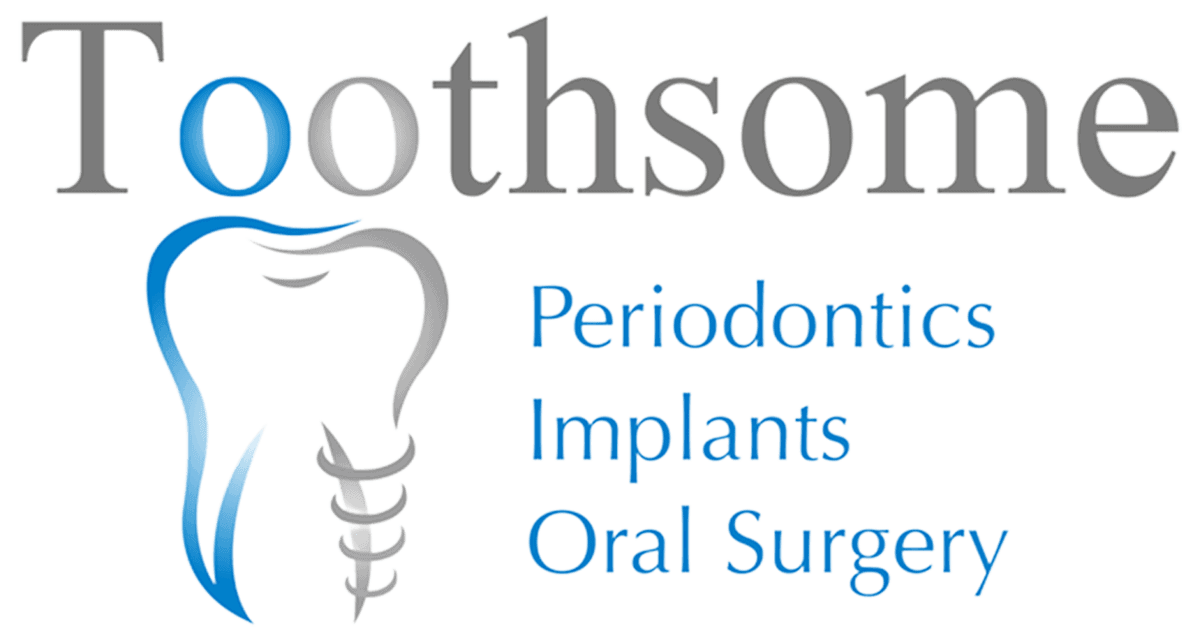
The health of your gums is a frequently overlooked element of your overall health. When your gums are not taken care of, the resulting infection causes problems in your mouth and the rest of your body. It is vitally important that you seek treatment if you suffer from gum disease to prevent other health problems from occurring. Learn what gum disease is, how to recognise it, how to treat gum disease, and how visiting your dentist regularly helps prevent its onset.
What is Gum Disease?
Gum disease is a condition that occurs when bacteria causes an infection in the tissue that surrounds your teeth. This disease affects 3 out of every 10 Australian adults, making it a health concern for many people. There are two types of gum disease, gingivitis and periodontitis. Gingivitis occurs when gums become inflamed and red. It is a more mild form of gum disease and is usually reversible with improved dental hygiene. The severe form of gum disease is known as periodontitis. This type of gum disease often leads the gum that surrounds the tooth to weaken, allowing the infection to worsen. This leads to more problems, including bone loss, loose teeth, and teeth that fall out. Gum disease doesn’t just cause problems in your mouth. The bacteria responsible for periodontal disease has also been linked with multiple health problems like heart disease, diabetes, and even neurodegenerative diseases like Alzheimer’s.
What are the Symptoms of Gum Disease?
It is essential to recognise the symptoms of gum disease early. If you can catch your infection at the gingivitis stage, you may be able to reverse it with proper hygiene. However, if your condition has worsened into periodontitis, you need to seek dental care as soon as possible. The following are typical symptoms of gum disease:
- Sensitive, tender gums
- Gums that bleed when you’re brushing or flossing
- Pain when chewing
- Gum recession
- Pus along the gumline
- Foul-smelling breath
- Loose teeth
- Changes in your bite alignment
How to Treat Gum Disease
The type of treatment you require depends on the severity of the periodontal disease. During your consultation with the dentist, they may recommend the following treatments for how to treat gum disease:
- Deep Cleaning
Your dentist can perform a deep cleaning on your teeth and gums to remove plaque and tartar surrounding your gums. This allows your body to fight the bacterial infection that causes periodontal disease.
- Antibiotics
Antibiotics may be prescribed to fight off the infection caused by bacteria in your mouth. Once the infection is cleared up, your gums can heal independently, or your dentist can perform another method of periodontal recovery.
- Scaling
One method of how to treat gum disease in its advanced form is scaling. Scaling is part of deep cleaning and involves a dentist using a special tool to clean below your gum line to remove plaque build-up.
- Root Planing
Root planning is also often part of deep cleaning and an effective method when it comes to how to treat gum disease. During the treatment, your dentist will smooth roots that have become rough to allow your gums to reattach to your teeth.
- Soft Tissue Graft
Soft tissue grafting is a method of replacing lost tissue in your gum line. This tissue is grafted onto your gums to cover your roots and encourage healthy gums.
At Toothsome, we offer a wide range of periodontal gum therapies to help repair your gums and recover from periodontal disease.

How to Prevent Gum Disease?
The best way to deal with gum disease is to prevent it before it starts. This is done by practising good oral hygiene and refraining from habits that encourage bacterial infection.
- Maintain an Oral Hygiene Routine
Good oral hygiene includes brushing twice a day and after eating sugary foods. Floss your teeth after brushing to remove build-up between your teeth.
- Use the Correct Brushing Technique
Over-brushing or using a brush with hard bristles can irritate your gums and pull them away from your teeth. Make sure to use a soft to medium bristled brush twice a day and brush thoroughly yet gently.
- Eat a Varied Diet
Crunchy foods like raw fruits and vegetables contain high levels of insoluble fibre. As you’re chewing, the fibre gently rubs against your gums, stimulating blood circulation in the tissue and promoting better gum health.
- Quit Smoking
Smoking is a known risk factor when it comes to periodontal disease. To help prevent gum disease, quit smoking and using tobacco products.
- Visit Your Dentist Regularly
Regular dental visits are a vital part of preventing gum disease. During your regular checkup, your dentist thoroughly cleans your teeth and checks for any early signs of periodontal disease. This means you and your dentist can take preventative measures before the damage progresses.
Seek the Right Care for Your Gum Disease
If you suspect you may have gum disease, schedule an appointment with Toothsome. Dr Patty Chou and Dr Rohan Rodricks are the resident Specialist Periodontists at Toothsome, and they are happy to help you discuss your options when it comes to treating and preventing periodontal disease.
Call our practice in Baulkham Hills on (02) 9158 6637 or Chatswood on (02) 8203 8786 to come in and meet our friendly team. We can help you with issues relating to your gum health and get your oral health back on track.
Note: Any surgical or invasive procedure carries risks. Before proceeding, you should seek a second opinion from an appropriately qualified health practitioner.


